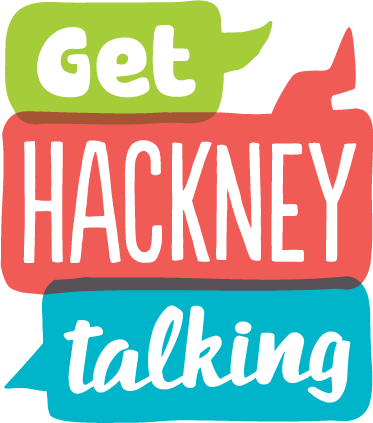Problem Solving and Verbal Reasoning
Verbal reasoning is a skill that is essential for understanding social situations and learning in the classroom. It involves understanding and answering ‘how’ and ‘why’ something has happened and is fundamental for solving social problems. In order to think through and solve problems children need to use their internal language, or ‘self-talk’, so when a child has difficulties with understanding and using spoken language they will usually have difficulties with verbal reasoning.
Many problem-solving skills are learnt through experience of normal social interaction. Children with communication difficulties can benefit from talking through problems in detail as they arise, but also through specific activities such as the ones presented in this section.
Activity: The Emotions Game
Aim: to be able to identify causes of different emotions
Resources needed: Pictures or photos of people with facial expressions or body language clearly showing their emotions. These can be photos or can cut out of a magazine or drawn. Choose a set of emotion words such as happy, sad, angry, scared, disappointed, and embarrassed.
Method: Place the emotions cards face down in the middle of the group. The first child has to pick up a card and name the emotion that the person is displaying, e.g. angry, happy, excited. Ask them, ‘Why might the person feel like that?’ Go around the group and ask each child to say a time that they felt the same way. Continue around the group with the next child choosing a card with a different emotion.


